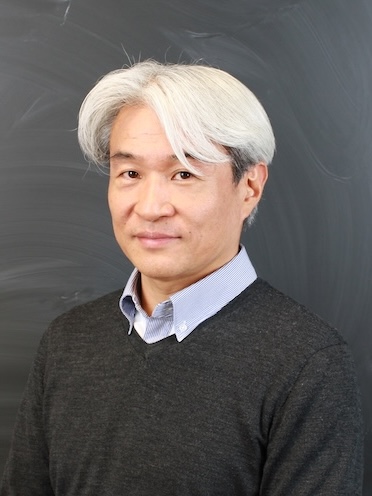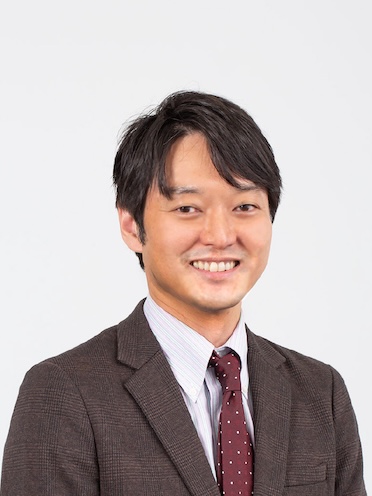Concepts and History
Gift Economy 2.0: Designing Future Society Based on Social Implementation
This subunit promotes the project “Gift Economy 2.0: Designing Future Society Based on Social Implementation” aiming to socially implement the findings of the humanities. Specifically, the project seeks to connect fundamental issues in the humanities to society in a practical manner by combining the results of multiple fields, such as philosophical inquiry into the meaning of human freedom, ethics, gift-giving, and the design of institutions and consensus-building mechanisms. We believe that this concept resonates with the X Dignity Center’s philosophy of “inclusive balance and development” and “innovation in ways of thinking.” In response to the challenges of modern capitalism (isolation, environmental destruction, growing inequality, etc.), we will focus on the gift economy as a mechanism for value exchange that does not involve money; by using blockchain technology to increase its transparency and reliability, we aim to create a new ecosystem in which social trust circulates.
This project has already established an interdisciplinary joint research system with experts in humanities and economics. From a philosophical standpoint, Yoshinori Saito (Professor Emeritus, Keio University), a specialist in phenomenology and ethics, joined the project to examine the theoretical foundations of the gift economy. In economics, research on institutional design and social consensus-building is underway with Ryuichiro Ishikawa (Professor at Waseda University) and Yukio Koriyama (Professor at Ecole Polytechnique in France), both experts in game theory and incentive design.
In April 2025, a prototype of “Heartland,” a web application for recording gifts, was released, and more than 500 users have already participated in the first two weeks after its release. In the future, the company will conduct empirical research based on this platform to verify whether gift-giving can actually form social trust and measure the potential for social implementation.
MEMBER


Professor, Department of Economics, Ecole Polytechnique
Game Theory, Collective Decision Making
Yukio Koriyama

